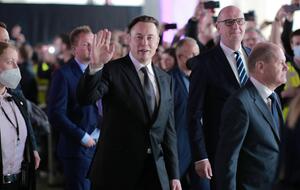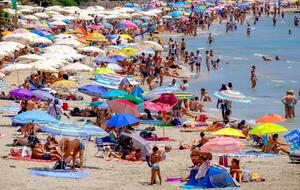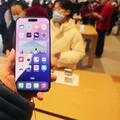The trial began on Sunday (22.06.25) using modified Tesla Model Y cars equipped with the company’s Full Self‑Driving (FSD) software. Rides currently cost a flat $4.20, and each vehicle includes a "safety monitor" seated beside an empty driver’s chair.
The company's CEO Elon Musk heralded the rollout on his social media platform X as the "culmination of a decade of hard work" for Tesla’s AI and chip development teams.
Tesla plans to scale up the service quickly - potentially deploying hundreds of vehicles in major US cities like San Francisco, Los Angeles and San Antonio by the end of 2026.
The ultimate goal is a purpose-built Cybercab and Robovan - Tesla-designed cars without manual controls - slated for production next year.
Safety advocates continue to question Tesla’s camera-only, no-LiDAR approach. Reports of abrupt braking and limited operational zones underline ongoing concerns, though early user feedback has been mostly positive .
Forrester analyst Paul Miller described Tesla's launch as a "low-key affair" but stressed that the move shows the company's ambition to rival firms already offering driverless rides in the US and across the world - including Waymo and Zoox.
He told BBC News: "As expected, only a handful of vehicles are available right now, they only operate in a small part of the city and there's a safety driver in the vehicle in case it encounters situations it cannot handle autonomously."
Miller claims Tesla is backing that the volume of cars it delivers and cheaper camera-based self-driving tech "will allow it to come from behind and pull ahead" of rivals in the field.





